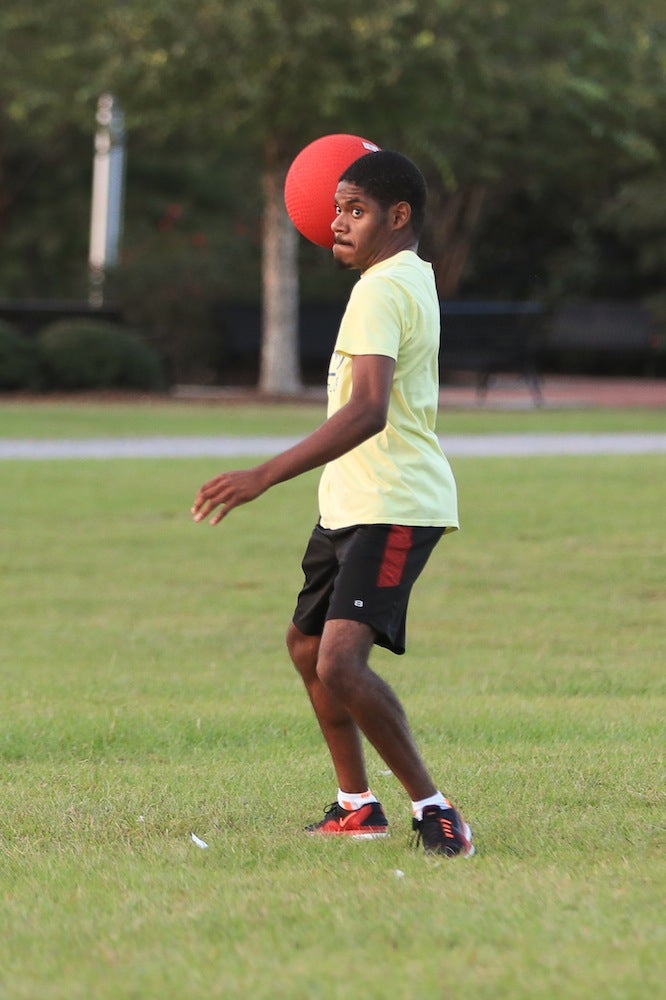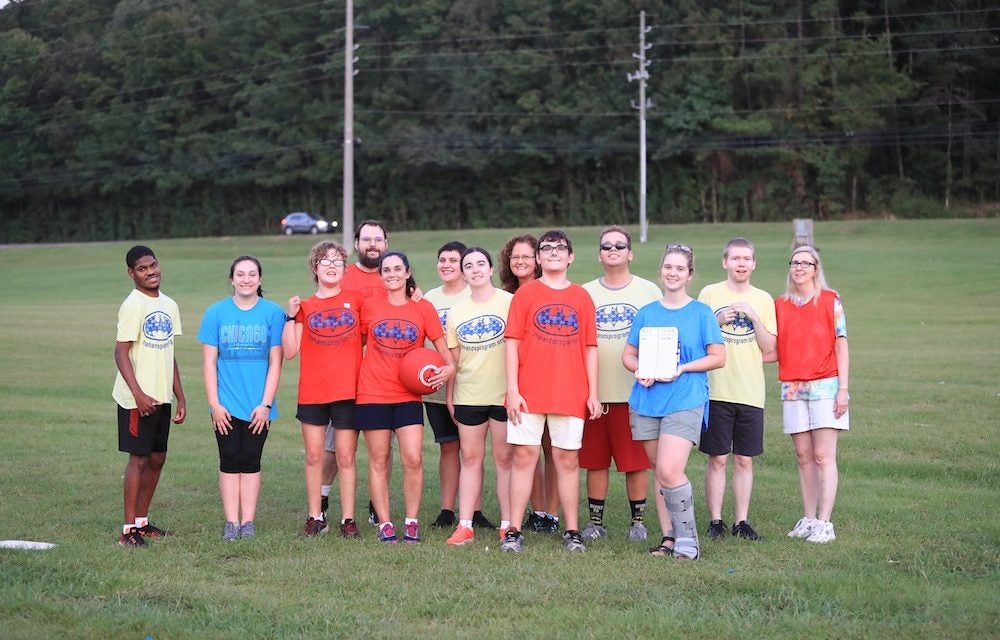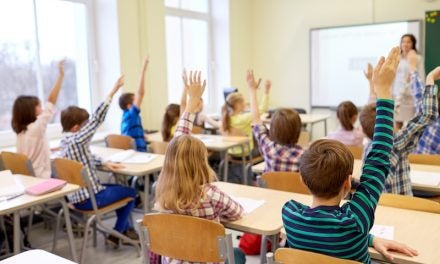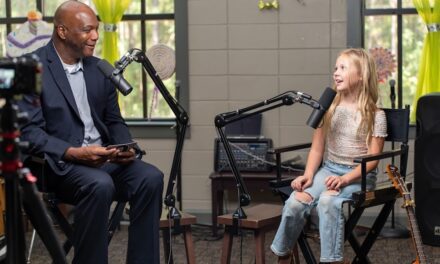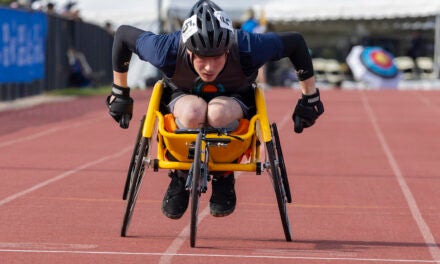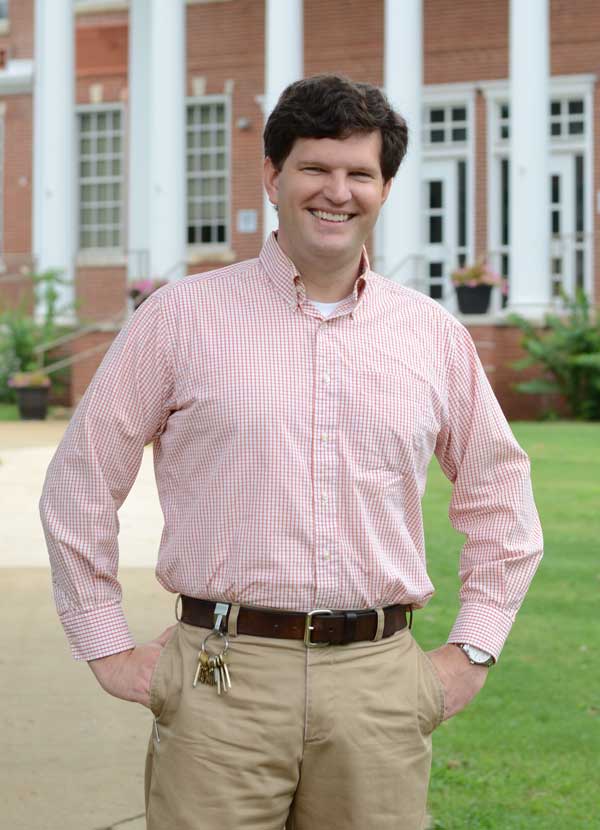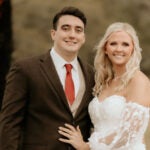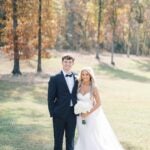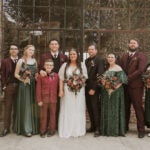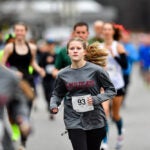A PLACE TO KINECT
In this sports league, everyone is on an even playing field, regardless of ability.____________________________________
By Anne Riley
Photos by Dawn Harrison
Playing sports helps tremendously with the development of social skills, life skills and personal discipline – but teens and adults with disabilities don’t always have much of an opportunity to participate in sports. Fortunately, that changed two years ago with the creation of Kinect Sports League, which is open to people with all challenges and disabilities.
The league operates for three seasons: Spring, summer and fall. There’s also a winter basketball league at Valleydale Baptist Church. Around 30 people participate in the league, and Courtney King, the behavior analyst who started the HANDS program 11 years ago, is thrilled with the success Kinect has seen.
“When we first started playing kickball two years ago, very few knew how to play,” King says. “They had difficulty catching, kicking and running the bases. I have watched them learn these skills, and in turn, their self-confidence has increased. I love seeing them get excited about playing and interacting with one another.”
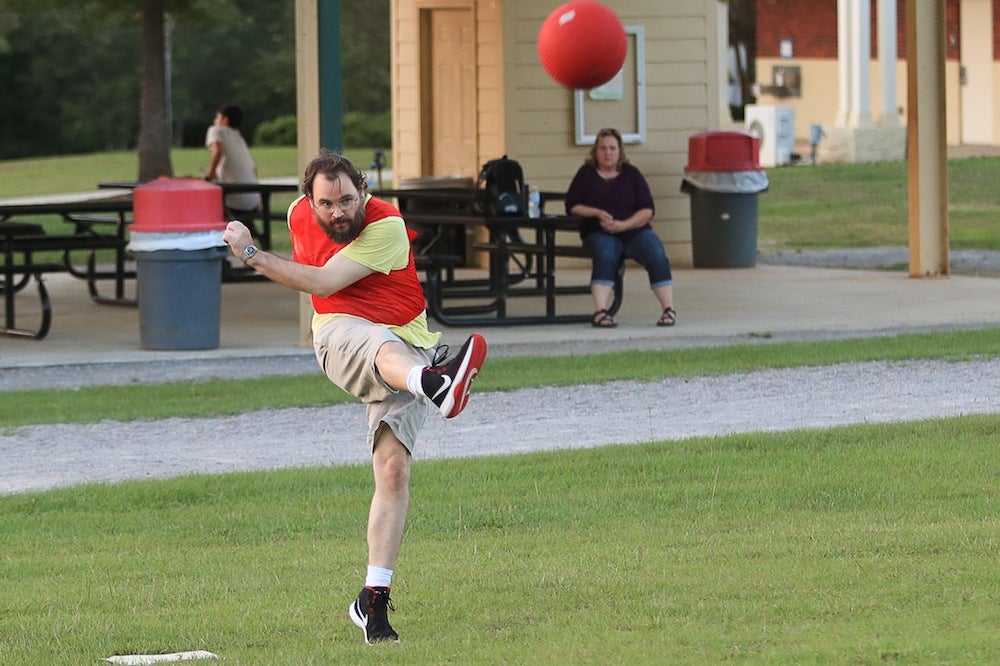
King, who was born in Birmingham but grew up in Montgomery, became a Board Certified Behavior Analyst in 2004 and founded The HANDS Program in 2006. She also founded the Alabama Autism Assistance Program as a way to help families pay for services. Kinect Sports, which is part of The HANDS Program, serves children, teens and adults with autism and other challenges.
King said that her highest moment with the sports league has been watching individuals who would never have had the opportunity to play a team sport learn how to play and develop their athletic skills.
“I have also witnessed many instances of players helping other players,” King says. “That is a great thing to see!”
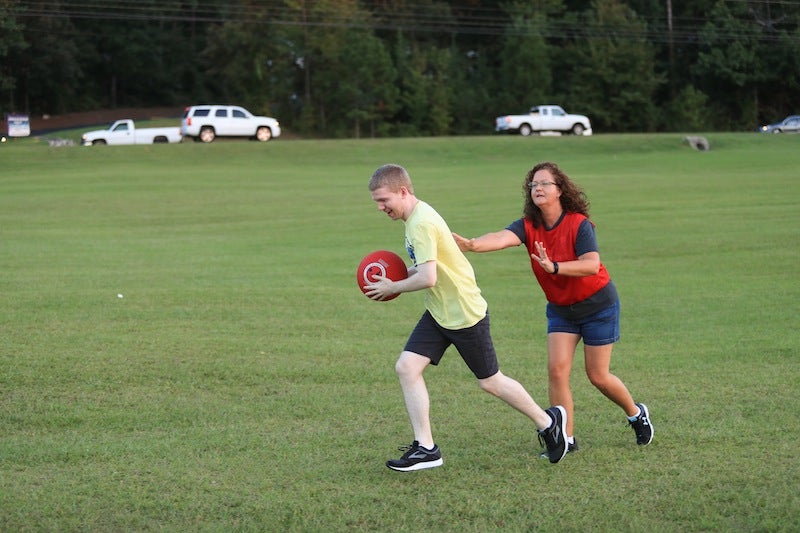
While King has never second-guessed herself about starting the sports league, there are times that she worries about funding. “We make it free for all who want to play, but we often have difficulty finding sponsors for each season. There are so many things I want to do to expand the program, but we need more sponsorship and funding to do it.”
Along the same lines, King said her greatest challenge to date has been fundraising and volunteer recruitment. Because of the program’s success, it needs more funding and volunteer support than ever – and those two things can be a big challenge for a program that seeks to provide services to people without charging a fee.
Located on Valleydale Road, The HANDS Program offers individual therapy sessions, school services, social activities, early childhood play and seasonal opportunities such as the sports league. Historically, kickball has been the most popular sport, with 18-25 participants per season.
“I have always wanted to expand our teen and adult program,” King says in regards to the birth of the kickball idea. “One day I just said, ‘Hey, what if we started playing kickball?’ It evolved from there!”
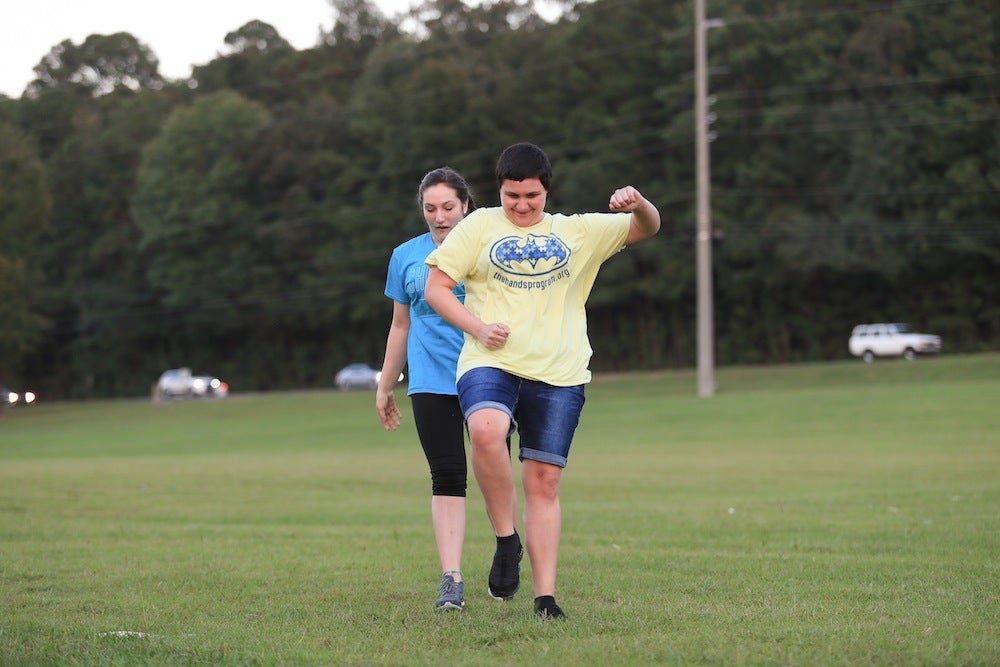
While the sports league is technically open to teens and adults over the age of 16 who have autism, younger children who can play safely and understand the rules of the game are sometimes allowed to participate, too. There are also the “sidekicks” – parents, siblings, and volunteers – who often take the field alongside the players.
“My behavior technicians help run the league,” she says. “We also rely heavily on volunteers and parent/guardian support.”
As far as King’s role, she does whatever needs to be done – playing, refereeing or keeping score. But regardless of her task on any given day, when King is on the field, she loves to see her HANDS clients developing skills and enjoying community that they otherwise might have missed out on.
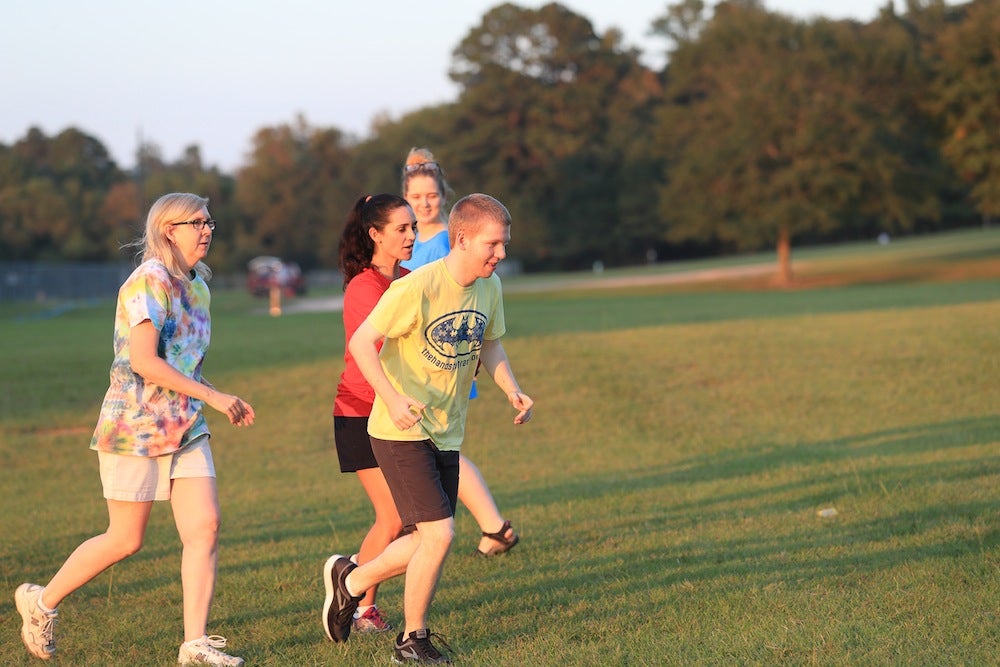
Some players need reminders about the rules of the game, and others may need assistance handling the ball or running the bases, but everyone is working together as a team and learning the thrill of competitive sports. King says she’s watched a lot of friendships form among team members, too – a bonus to an already incredible opportunity for people with disabilities and developmental delays.
When asked what the program needs most, King’s reply was twofold: funding and volunteers.
Applications for the Kinect Kickball League can be found on the HANDS website, as well as the Kinect calendar, sponsorship form and new client application form. There is also additional information about the mission of The HANDS Program and what types of developmental delays they are able to accommodate.
If you are interested in learning more about The HANDS Program, Kinect Sports League, or the therapy scholarship program available to help offset costs, visit Thehandsprogram.org, email thehandsprogram@gmail.com, or call 205-733-0976.
